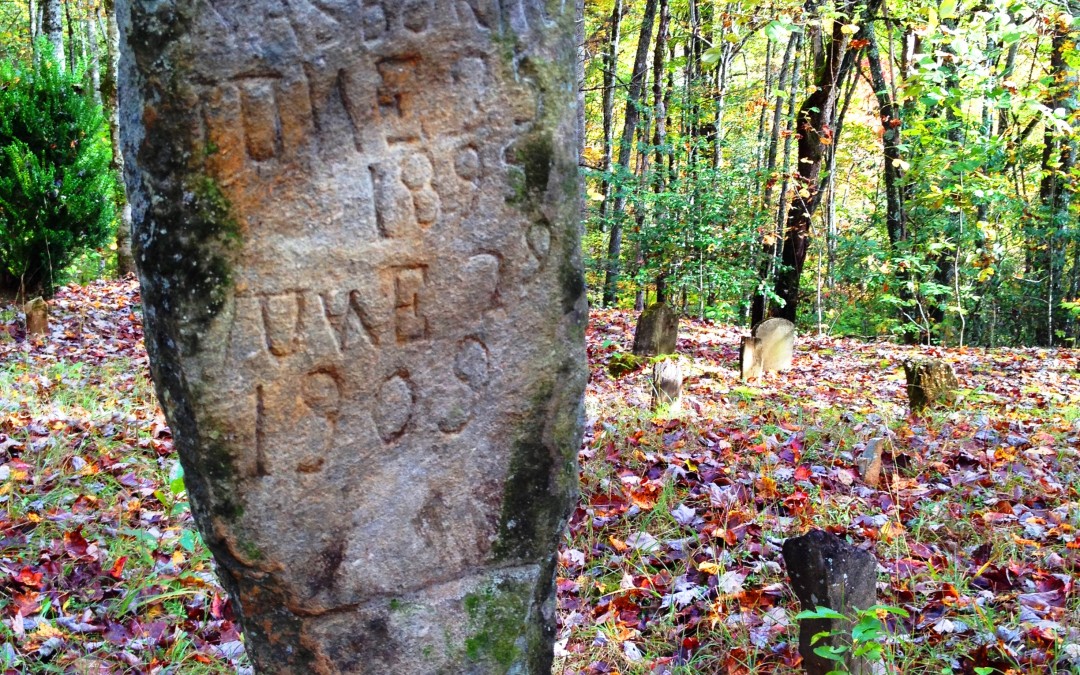There is one thing we all share in this world – for better or for worse, we come from a family. Families shape us and mold us and are the singular most influential force in our life. Some of the most enduring images of God are birthed out of our experiences with our mothers and fathers.
Some families take interest in learning about their family histories. Over the years I have asked questions, done some research, and listened to the stories as shared by my “elders.” The stories I like best are the sensational and scintillating ones that have passed through the generations with a bit of embellishment added in the passage of time. My great-great grandfather, for example, was arrested on Christmas Eve for swindling someone out of fifty cents. Today it is a humorous story. At the time I feel certain it was not so funny. He was the same guy that shot the locks off a church door just to get out of a revival meeting – or at least so I am told!
Not so long ago I was hiking up in the Great Smoky Mountains and took a side trail that was not on the map. It had to lead somewhere, or so I thought, and so I hoofed up it, zig-zagging through the woods, going up, down, and through ravines, bends along the path, until I finally round a corner to a small level place of ground. It was dotted with headstones, primarily unmarked, of an old family cemetery. These were folks “left behind” as mountaineers left the land when it was established as a National Park. It was hard to tell if there were any family left to make visits to this old cemetery in the mountains.
Families can give us orientation and they can also create disorientation. We want to know answers to fundamental questions, “Where did I come from?” in order to better understand “How did I get here?” These lead to further questions such as, “Where do I want to go?” and “How do I plan to get there?”
Churches, including the church I am honored to serve, are a larger expression of the family and so together we ask similar questions: Where did we come from? How did we get here? Where do we want to go? How do we plan to get there?
These are questions of orientation and theologically we call this the language of prayer. Prayer at its basic, most elemental form is the mystical search for orientation – finding our place in this world. Some of the most enduring images of Jesus are those when he would separate himself from work and from others in order to find orientation:
Now during those days he went out to the mountain to pray; and he spent the night in prayer to God.
(Luke 6:12)
Wherever you are in life, it is a privilege to share life with you, together, in this family of faith. Let us now seek together not only our place in this world, but our place with our Creator, Sustainer, Comforter, and Friend.
In Christ,
Greg


Recent Comments